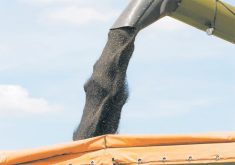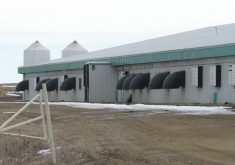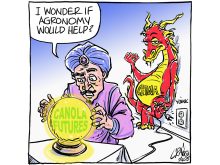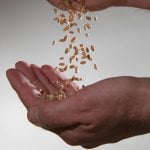FOR LEADERS in Canada’s agricultural lobby and the beleaguered hog industry, it is a mystery.
Why has the rural-based Conservative federal government, with an agriculture minister who for months has been saying he feels their pain, not responded before now to the hog sector meltdown?
Minister Gerry Ritz said in the spring that a hog industry proposal for as much as $800 million in grants was not going to happen. It would trigger a trade challenge from the United States and gol’ darn it, this government is for trade and against trade restricting actions.
Read Also
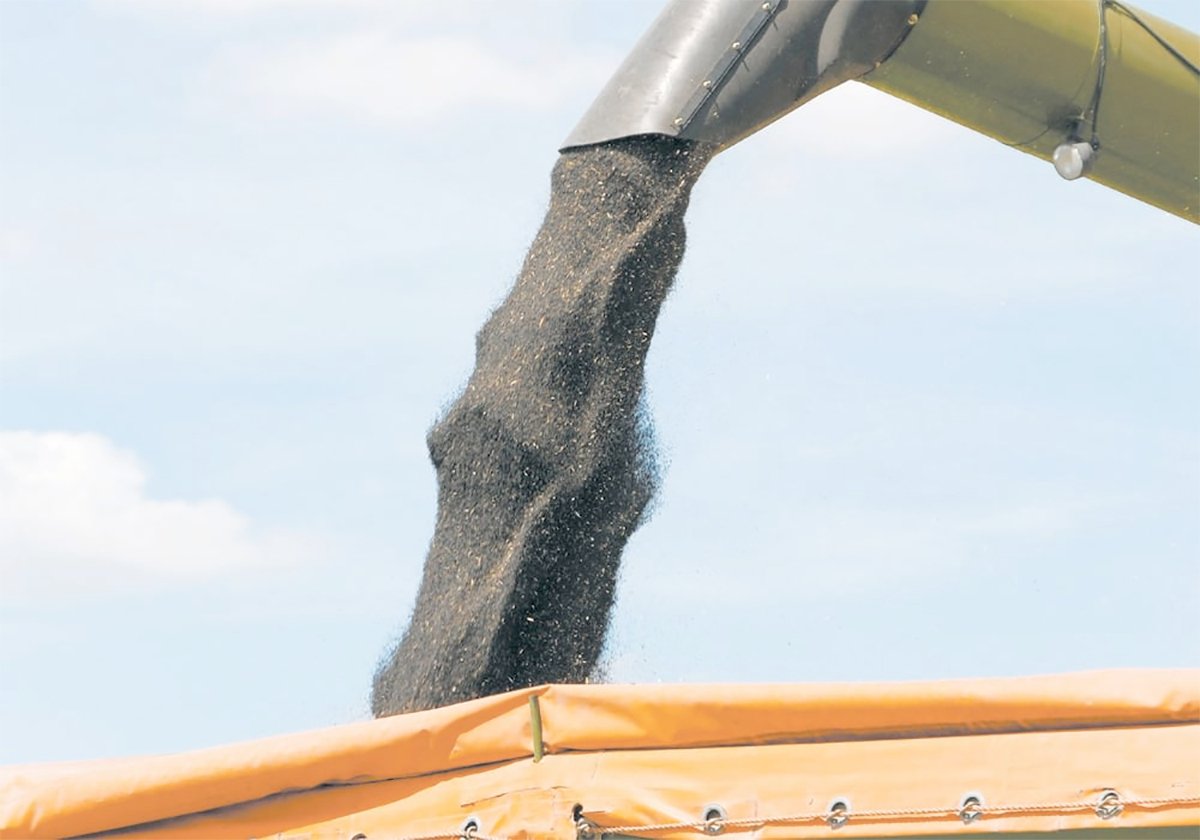
Determining tariff compensation will be difficult but necessary
Prime minister Mark Carney says his government will support canola farmers, yet estimating the loss and paying compensation in an equitable fashion will be no easy task, but it can be done.
The Canadian Pork Council thought it understood the message and changed the proposal to government-backed commercial loans even though skeptics said more debt is the last thing the heavily indebted and equity challenged industry needs.
But still the federal government has dithered for almost two months while CPC leaders say every day sinks the industry into more red ink and closer to insolvency.
In fact, Canadian Federation of Agriculture president Laurent Pellerin, a Quebec hog farmer himself, notes that when Ritz was dishing out pork on Parliament Hill in early May to support the industry during the misnamed swine flu consumer reaction, it was clear this was a final blow to an industry already wallowing in years of losses.
“Everyone understood then that help was needed and fast,” he says. “So why the delay? We don’t know.”
There are several theories but Ritz isn’t talking.
Theory one: He seems averse to provoking trade challenges so maybe the American industry threat that even a loan program could lead to a challenge has spooked him.
But Liberal critic Wayne Easter correctly points out that the American industry will challenge anything and has over the years. Letting the industry sink to avoid a trade challenge seems like perverse logic.
Theory two: Other ministers are skeptical about backing loans to an industry already deeply in debt, largely without equity and built on an industrial model that for profitability requires huge cash flow, access to a protectionist foreign market and a Canadian dollar well below recent levels.
Ritz would have to explain why guaranteeing loans of up to $800 million to an industry with no early profitability prospect does not mean an unexpected government financial obligation.
Theory three: Ritz and the Conservatives campaigned on replacing the dysfunctional Liberal Canadian Agricultural Income Stabilization program with something that works. Ad hoc farmer payments would not and should not be necessary.
The result is AgriStability, with most of the flaws of the old program, including payments based on income below historic profit margins.
“Any program based on historic margins will never work for an industry losing money over years and that is hogs,” says Pellerin. “AgriStability or the other programs available will not provide what the hog industry needs this year.”
For Ritz and the Conservatives to admit it would be to admit their promise of scrapping CAIS for something that works was made of whole cloth with a new name.
Perhaps that is at the root of the Conservative reluctance to provide assistance above the “suite” of programs that are supposed to solve the farm income problem.




